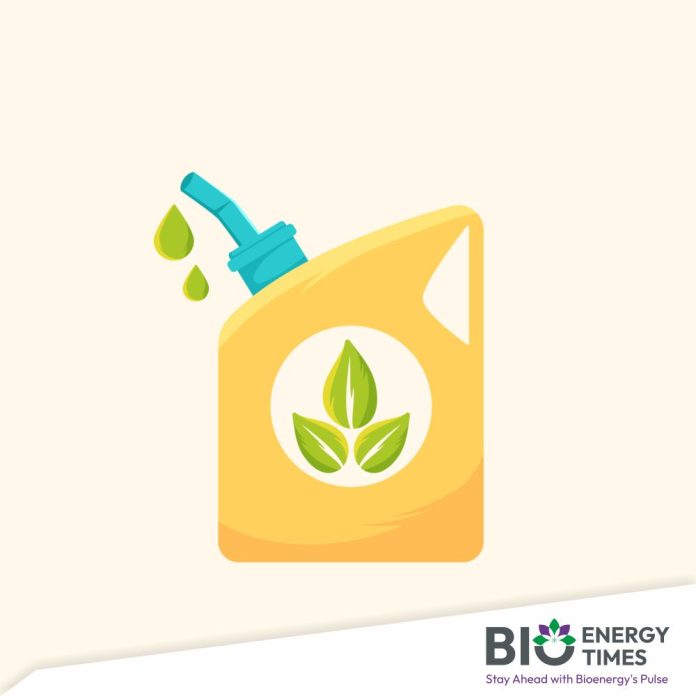Malaysia has started using a new type of fuel made partly from palm oil for vehicles at Kuala Lumpur International Airport (KLIA). This is part of the country’s effort to cut pollution and reach its goal of zero carbon emissions by 2050, reports UkrAgroConsult.
The move was announced by Johari Abdul Ghani, Malaysia’s Minister of Plantations and Commodities. He said the new fuel, known as B20 biodiesel, is made by mixing 20% palm oil-based fuel with regular diesel. It will now be used in the airport’s ground vehicles, such as buses and maintenance trucks.
This is an upgrade from the B10 biodiesel previously used, which had only 10% palm oil content. The change is expected to help the environment by lowering harmful gas emissions. It will also benefit local farmers, as it increases demand for palm oil, which is grown in many parts of the country.
“This step helps the country move towards cleaner energy and supports the people who grow palm oil,” said Johari during the launch.
The airport project is part of a trial program, and similar efforts are also starting in Port Klang, Tanjung Pelepas, Johor, and Kuching. These locations will also begin using the new fuel to see how it performs before deciding on a wider rollout.
Officials say the project is a practical way to support both the environment and the economy, while working towards Malaysia’s long-term climate goals.















